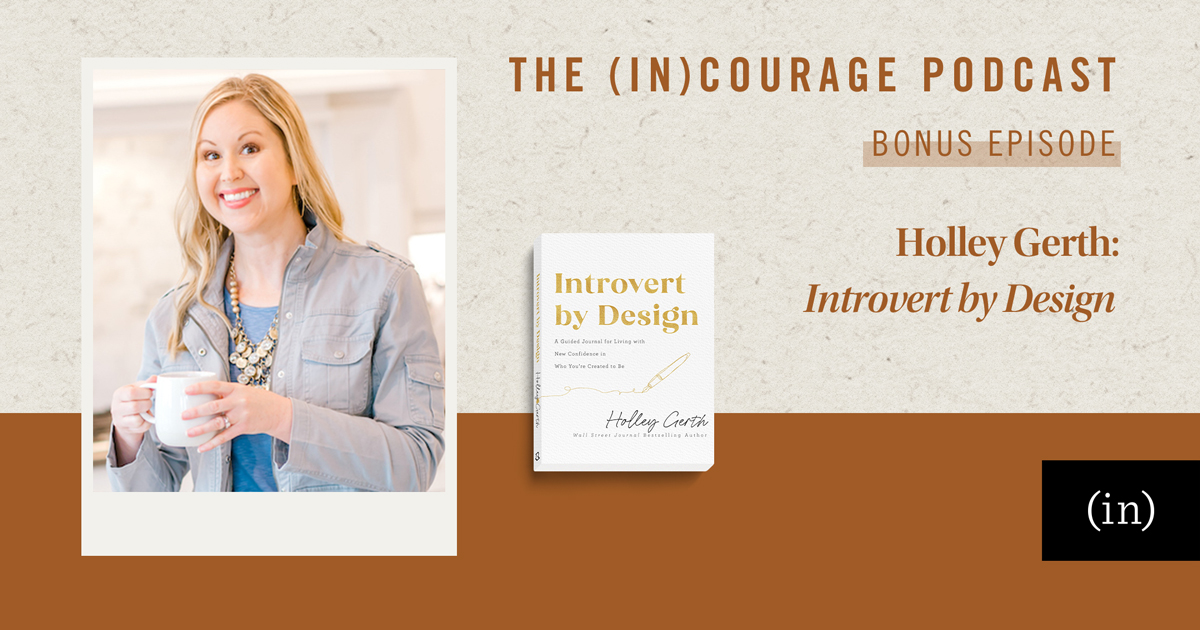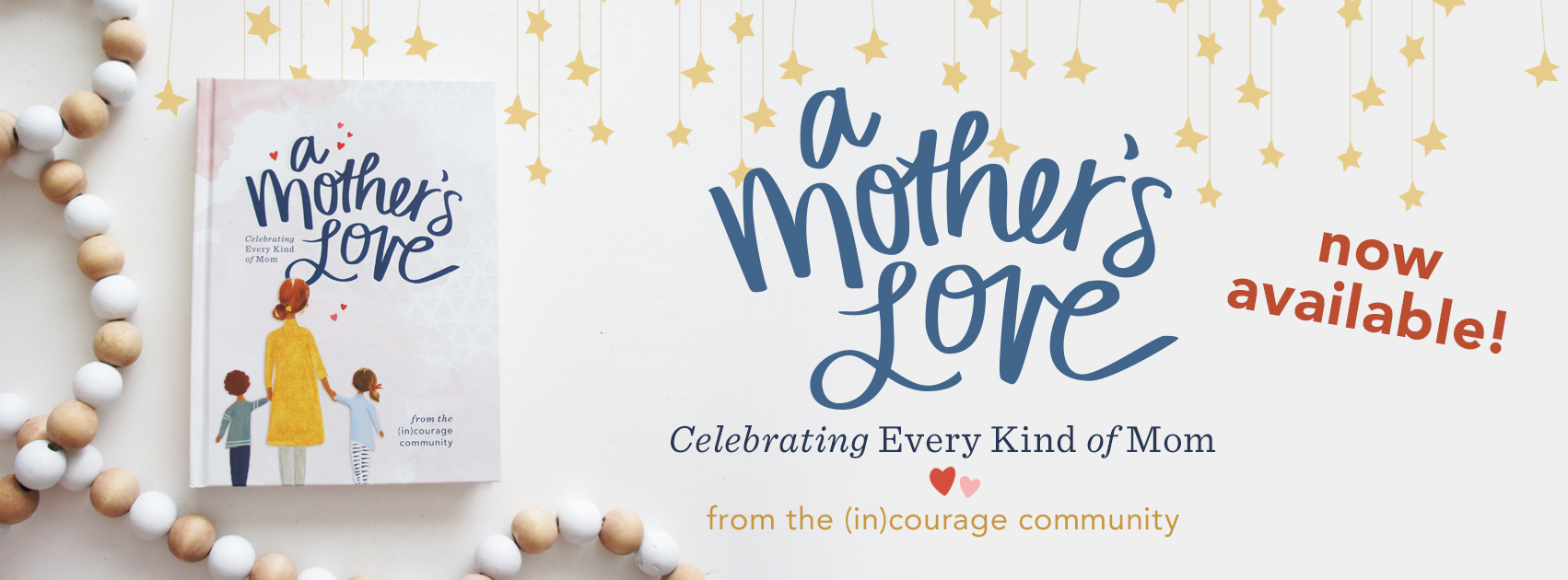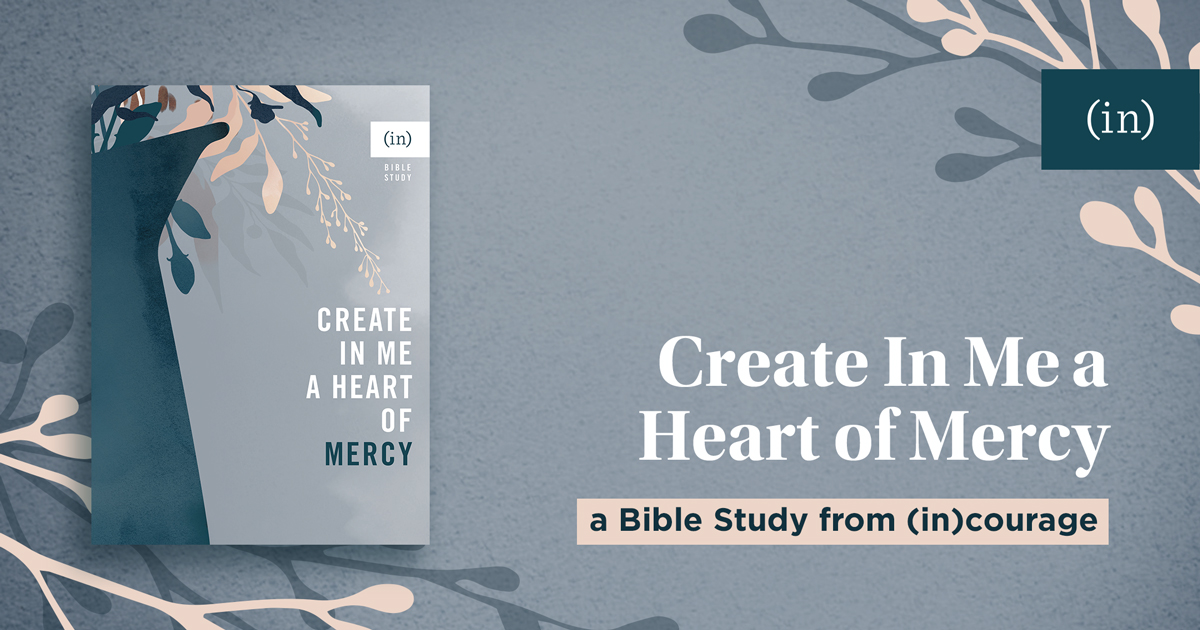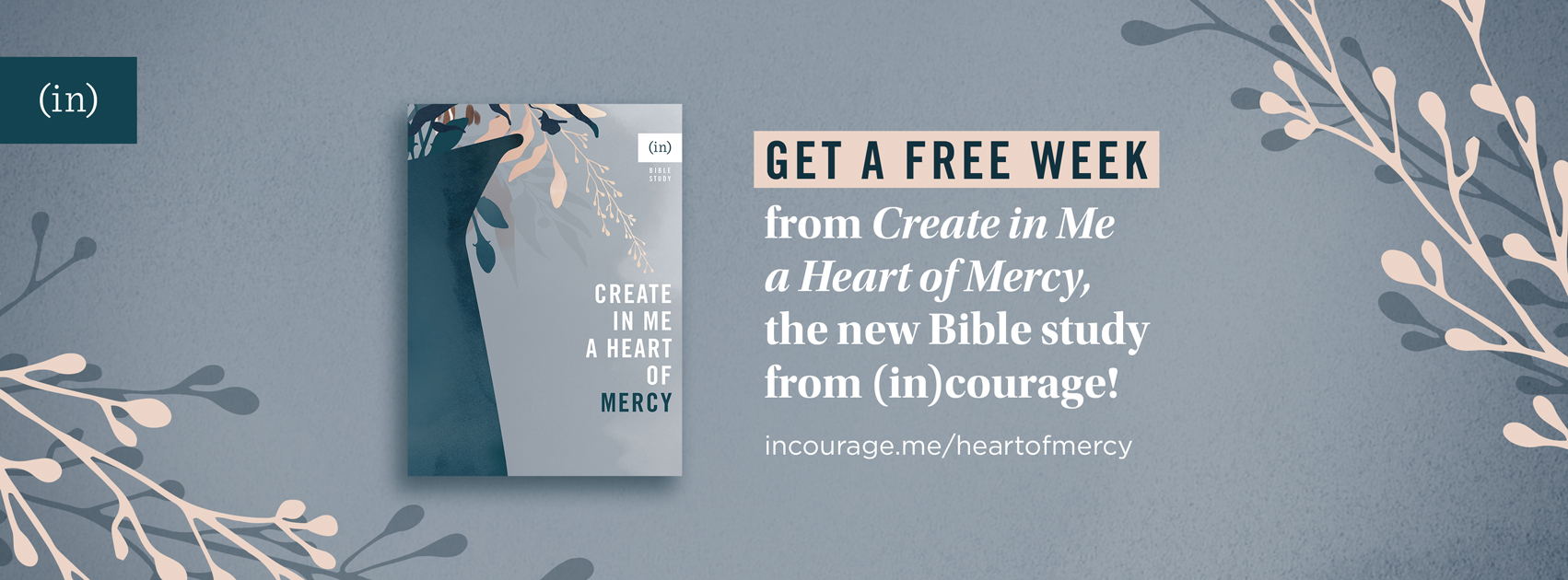“I just don’t understand. Why?!”
She laid the question between us, stark and honest in all its ugly discomfort.
“Why didn’t God do something?”
She’d put a lot of thought into her question, and even more courage into vocalizing it. Not easy to do for someone who calls herself a Christian. I know firsthand. Are women who love Jesus, who claim to trust and follow Him with heart, soul, mind, and strength, allowed to ask such a defiant question? That is precisely what she asked next.
“Am I even allowed to say this out loud? Is it even helpful?” She raised her eyebrows, waiting on my answer.
I don’t think I answered the way she expected.
I nodded, communicating my empathy for the conundrum, and then I let out a long sigh.
“Whether it’s allowed and helpful is irrelevant,” I said. I hoped she could hear the compassion in my voice. “It’s the question we all ask. And, at some level, it’s the question we all need to ask, whether or not we get an answer.”
I wasn’t sure she was tracking, so I continued.
“Asking ‘why?’ is simply a normal human response to our deep need to find meaning in suffering. It’s what the heart wants when it’s hurting. Period. We need to know the pain won’t be wasted, even if it can’t be helped.”
With those words, something in her seemed to settle. I suspected she felt relief and also a measure of peace, which is exactly what I felt when I asked similar questions and arrived at this conclusion.
For much of my early faith journey, I thought that questioning God or even showing the slightest hint of dissatisfaction with Him or my circumstances was the surest way to get myself struck by divine lightning. I was taught that to question authority was to disrespect and dishonor authority. And I certainly didn’t want to mess around with that. So although my heart ached and raged against so many wrongs, I feared taking those big feelings to God Himself. I didn’t want to add “faithless” to my long list of flaws.
Although it’s healthy to share our suffering with each other, I now realize that God is the only One strong enough to bear my big emotions and my big questions and offer healing in the middle of them. I still don’t want to disrespect or dishonor God, but I no longer believe that my grief and questions are an affront to Him. In fact, the Bible provides plenty of evidence to the contrary:
“Why, Lord, do you stand far off?
Why do you hide yourself in times of trouble?”
Psalm 10:1
The Sons of Korah voiced their agony with a similar complaint:
“I say to God my Rock,
‘Why have you forgotten me?
Why must I go about mourning,
oppressed by the enemy?’
My bones suffer mortal agony
as my foes taunt me,
saying to me all day long,
‘Where is your God?’”
Psalm 42:9-10
Even Jesus asked the “why” question when the pain of His suffering, and God’s simultaneous rejection, as He carried the sin of the world overwhelmed Him:
“And at three in the afternoon Jesus cried out in a loud voice,
‘Eloi, Eloi, lema sabachthani?’
(which means ‘My God, my God, why have you forsaken me?’).”
Mark 15:34
Yes, it’s okay to ask “why” when we suffer. It’s okay to take our questions and wounds to the God who sees and knows and loves, without limit. In fact, true worship demands it. I wrote these words in my recent book, A Faith That Will Not Fail:
“If I allow myself to grow silent in my suffering, grief wins. But if I sing from the place of my losses, if I turn my face to heaven and praise God for His goodness with a broken voice, then the losses are redeemed in the name of heaven.”
My friend, whatever it is you’re mourning today, don’t add silence and shame to your suffering. God already knows. Take Him your tears, your questions, your confusion, even your question of “why?”. Lay it all before Him, trusting His compassion to be an ocean that will soothe and heal your wounds, even if your circumstances and wounds remain. He’s not surprised by your big feelings or your big questions. He’s waiting for you to let Him help you carry them.





